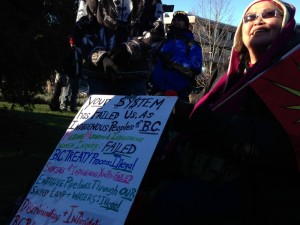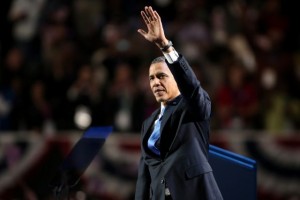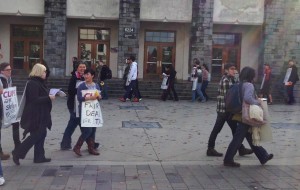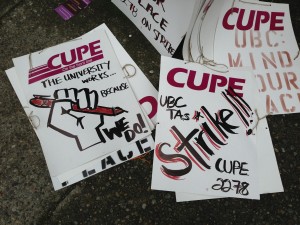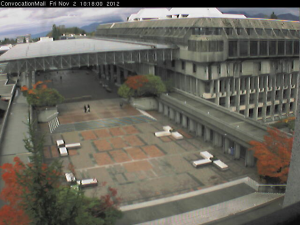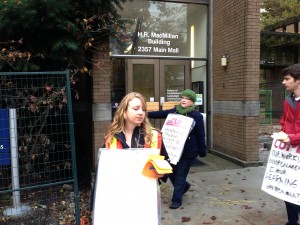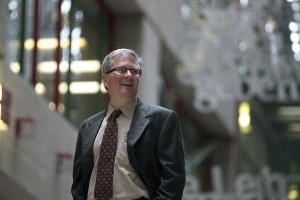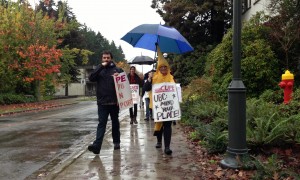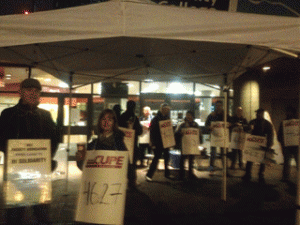In the midst of a debate and impending action on gun control in the US, sparked by the senseless killing of 20 children and 6 adults at the Sandy Hook Elementary School in Newtown, Connecticut on 14 December, “hundreds of law enforcement personnel descended on Lone Star College-North Harris today.” Yet another campus shooting left four injured while two suspects were rushed from the campus in handcuffs.
In the meantime, as Emily Richmond reported in The Atlantic today, some states are forging ahead with plans to arm teachers. “Utah teachers are far from the only ones expressing increased interest in concealed weapons. There has also been a jump in inquiries at gun training clinics in Florida, according to the Palm Beach Post, even though the state bans nearly all weapons at public schools…. In Arizona, Gov. Jan Brewer, a Republican, said she wouldn’t support allowing principals to carry weapons, as proposed by the state’s superintendent of public instruction. A bill to arm teachers in the Evergreen State faces an uphill battle as Democrats have the supermajority, Colorado Public Radio reports. But in Tennessee, where the Republicans control both houses of the state legislature, talk of arming teachers is more likely to gain momentum.”
This idea of gun-toting teachers has been gaining momentum, with the US National Rifle Association’s in your face ad released last week (Obama’s kids get armed guards, yours don’t), a month after gun expert and university professor John Lott said to Newsmax that gun-free zones in schools are “a magnet” for killers. Lott’s solution: arm teachers— “Simply telling them to behave passively turns out to be pretty bad advice . . . By far the safest course of action for people to take, when they are confronting a criminal, is to have a gun. This is particularly true for the people in our society who are the most vulnerable.”
What seems like an idea of fiction or Hollywood has some politicians pumped. For example, Kentucky Republican Senator Rand Paul commented on 17 January that “if my kids were at that school [Sandy Hook Elementary], I would have preferred that the teacher had concealed-carry and had a gun in her desk… Is it perfect? No. Would they always get the killer? No. Would an accident sometimes happen in a melee? Maybe… but nobody (at the Connecticut school) had any defense, and he just kept shooting until he was tired and he decided to shoot himself.”
Republican and ex-Governor Arnold Schwarzenegger, like other actors and directors, maintains a boundary between movies and life: “one has to keep (the two) separate,” he said. What he does in movies such as the Raw Deal is “entertainment and the other thing [Sandy Hook massacre] is a tragedy beyond belief. It’s really serious and it’s the real deal.” He is at least up for taking a look at “how we deal with mental illness, how we deal with gun laws, how we deal with parenting.”
Of course, if the Kindergarten Cop was filmed today, John Kimble, the undercover cop come teacher, would be packing heat. Unlike the 1990 version, he wouldn’t have to be rescued by a pet ferret and another teacher with a baseball bat. In fact, the old movie makes ya kinda wonder why he wasn’t packin a 45.
When John Dewey wrote his influential The School and Society in 1900, he anticipated arming teachers with new ideas. Silly. He should have known what the NRA was up to in his day. By the late 1910s, forty years into its existence, the NRA had “succeeded in making it possible for any group of ten persons to get free rifles from the Government and free ammunition. That has added, of course, a bit to our sense of security,” it was claiming. For Dewey, the school and society were interconnected, as he saw it: the “New Education” reflected “larger changes in society.” “Can we connect this ‘New Education’ with the general march of events?,” he asked (p. 4). Indeed, todays edition of the classic text will have to be retitled The Garrison School and Society. And that first chapter will have to be rewritten to reflect the times– nowadays, we “Arm Teachers with New Guns, Not New Ideas.”

 Follow
Follow